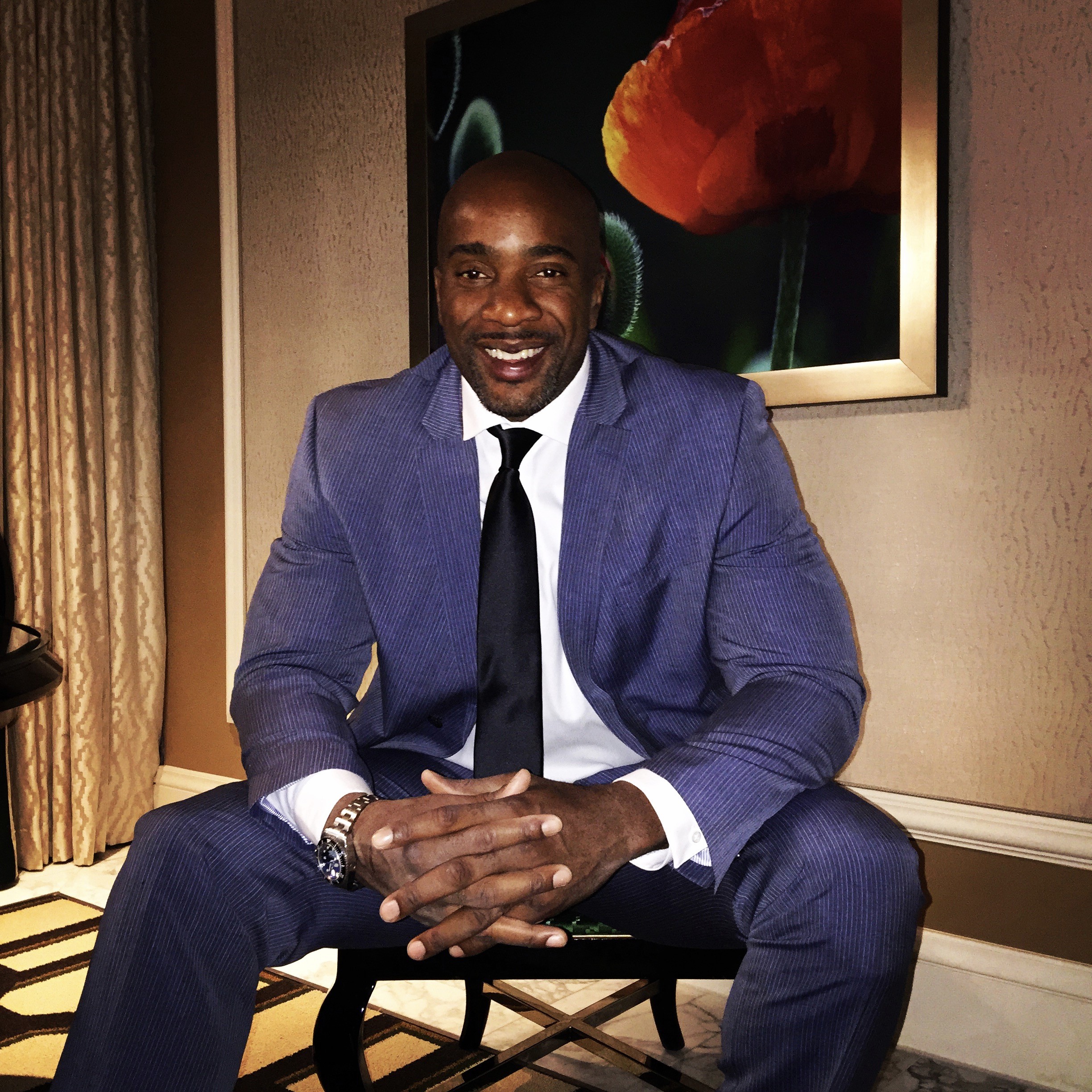Children learn a lot of things from participating in organized sports. Teamwork, collaboration, strategy, leadership, sportsmanship, discipline, developing skills, and dedication to name a few. But the giant machine of high school, college, and amateur leagues that feed into the professional level of most sports doesn’t always focus on the most positive elements of the games. All too often student-athletes are pushed to spend more time on the field or court than on their academics and the other areas that would put them in the best possible position for their future lives and careers.
Peter Gold was a professional basketball player for 13 years. He was recruited straight out of undergrad to play at the professional level in a European league. While he may look the part of a US basketball player, there is a lot more to Peter than initially meets the eye.
For one thing, Peter is British. When we spoke via zoom, I had to admit that in spite of the fact that my husband is British, I would never have detected the accent in Peter’s speech. He explained that he first came to the US at the age of 15 and when you are the new 15-year-old student at school, the last thing you want is something that makes you stand out more than you already do. Peter is particularly skilled at languages, speaking 5, most with no detectable accent to identify him as a foreigner. For another thing, Peter also planned to go to law school when he finished undergrad. He had already taken the LSAT and been accepted to 5 law schools when his basketball coach called him into his office with a 6-figure contract on his desk.
When Peter decided to play basketball professionally, he devised a six-year plan for himself that would mean rather than going to law school immediately and acquiring 6-figures of student loan debt; he planned to play ball for six years, save as much money as he could and then pay his law school fees up front. However, when the first six years were up he still enjoyed playing the game and ended up playing for 13 years.
Once Peter retired from his basketball career at the age of 33, he was grateful that he made the most of his education when he was in college, and that he had also made the most of his connections and network while he was in the game. This all put him in good stead for his after basketball career. Many professional athletes are not so lucky. Many college athletes never get into professional sports in the first place. Peter feels that it is important for all athletes, at all ages and levels, to have an understanding of the decisions they are making and the skills they are building, to make sure they are building toward a life they will want to live, whether or not they ever get one of those elusive professional contracts.
Today Peter helps other young athletes learn the other skills that they will need to thrive in the world, both during and after any athletic endeavors. He founded the company called Future Stars in Phoenix, AZ. Future Stars is a non-profit organization focused on bringing high-level opportunities to the youth in local communities. Their outreach platforms include academics, education, and sports. Peter has even spearheaded efforts to help kids learn to code and other highly valuable career skills through his programs. Future Stars continues to grow, and along with Future Stars International Enterprises, they have so far affected the lives of over 10,000 children over the last five years.
Peter has also proved himself a successful executive, establishing and leading multiple companies in the education, technology, and real estate space. To learn more about Peter Gold and his various businesses and endeavors, click here.


